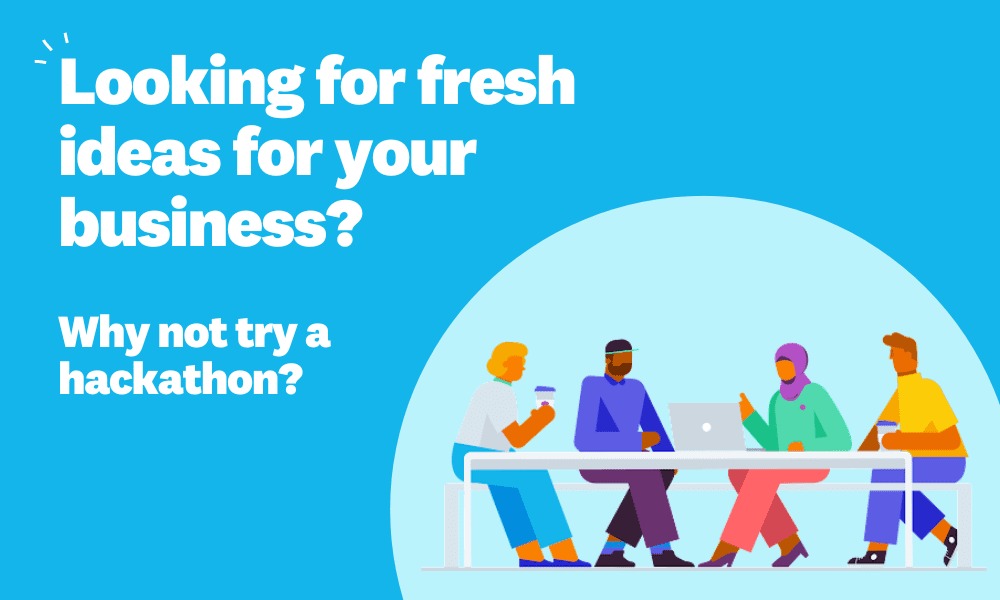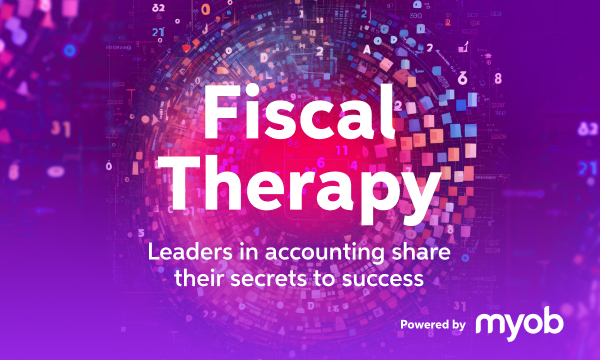
Generative AI programs — artificial intelligence which creates novel content, versus make decisions off existing data— have grown very popular within the accounting profession since it hit the mainstream late last year, with major firms (see previous story) and vendors (see previous story) eager to adapt it to their purposes. With this in mind, CPA.com, the technology arm for the American Institute of CPAs, recently released a set of practical resources for accounting professionals to better understand what generative AI is and the opportunities (and risks) it represents.
“Our goal is to help practitioners consider the ‘How?’ and not just the theoretical possibilities for their specific practice needs,” said Kacee Johnson, vice president of strategy and innovation with CPA.com. “Our hope is that through this initiative, practitioners begin to explore and better understand this emerging technology and the ways that they can leverage AI to reshape their daily work and create more value while maintaining a risk-averse approach.”
Among these resources are a set of videos featuring CPA.com and AICPA staff as well as accounting firm leaders discussing the basics of generative AI, the nature of ChatGPT in particular, the way generative AI can disrupt the accounting profession and how leaders might respond, how firm leaders incorporate generative AI into their practices, and some tips to filtering out the AI hype.
There is also a written guide that broadly outlines things like what generative AI is, steps towards building an AI strategy, practical use cases (such as structuring data into a multi-column CSV file), challenges, and security and risk considerations, among other topics. Further resources, both video and written, go into several of these topics in greater detail (specifically, use cases and security considerations).
Additional efforts within the GenAI multipart initiative include AI-focused sessions at CPA.com’s Digital CPA 2023 conference, including one led by innovation expert Pascal Finette that will allow attendees to map out their own GenAI implementations.
Additionally, the 2024 AICPA and CPA.com Startup Accelerator will feature an AI-specific cohort of forward-thinking, early stage companies, and an upcoming AI Symposium will bring together subject matter experts, firm leaders and AI solution providers to discuss the real and potential impacts of this technology on the profession.
The “GenAI” initiative builds on CPA.com’s commitment to help practitioners successfully navigate technology’s impact on driving business model transformation and the evolution of practice areas.
“We believe that generative AI will have a significant impact on the accounting profession — more so than any other recent technology advancements,” said Erik Asgeirsson, president and CEO or CPA.com. “This new toolkit is just one of several ways we’re helping practitioners demystify its capabilities and share some very basic and practical use cases to help illustrate the possibilities.”
Johnson, in an email, noted that one of the challenges in producing the toolkit was how fast the technology advanced as they were working. CPA.com initially sought to include an overview of the accounting and finance ecosystem of generative AI solutions but while designing the asset, solution providers were announcing new integrations daily and it quickly became apparent that any overview would be outdated before it was even released. She also noted that when OpenAI launched ChatGPT 4, the release opened up new possibilities with tables and worksheets and so changed the use cases they were already working on.
She noted that, since advances come so fast, it has become difficult to make any long term plans or projections around the technology.
“One thing that we learned during the 6-month research project was just how quickly the technology is maturing. We would be creating content based on the functionality of one release, and a new platform, solution or release would enter the market and completely change our direction. This is one of the reasons we encourage practitioners to think in the near-term as they’re building their AI strategies—the landscape is just changing too rapidly to plan 3-5 years out,” she said.




